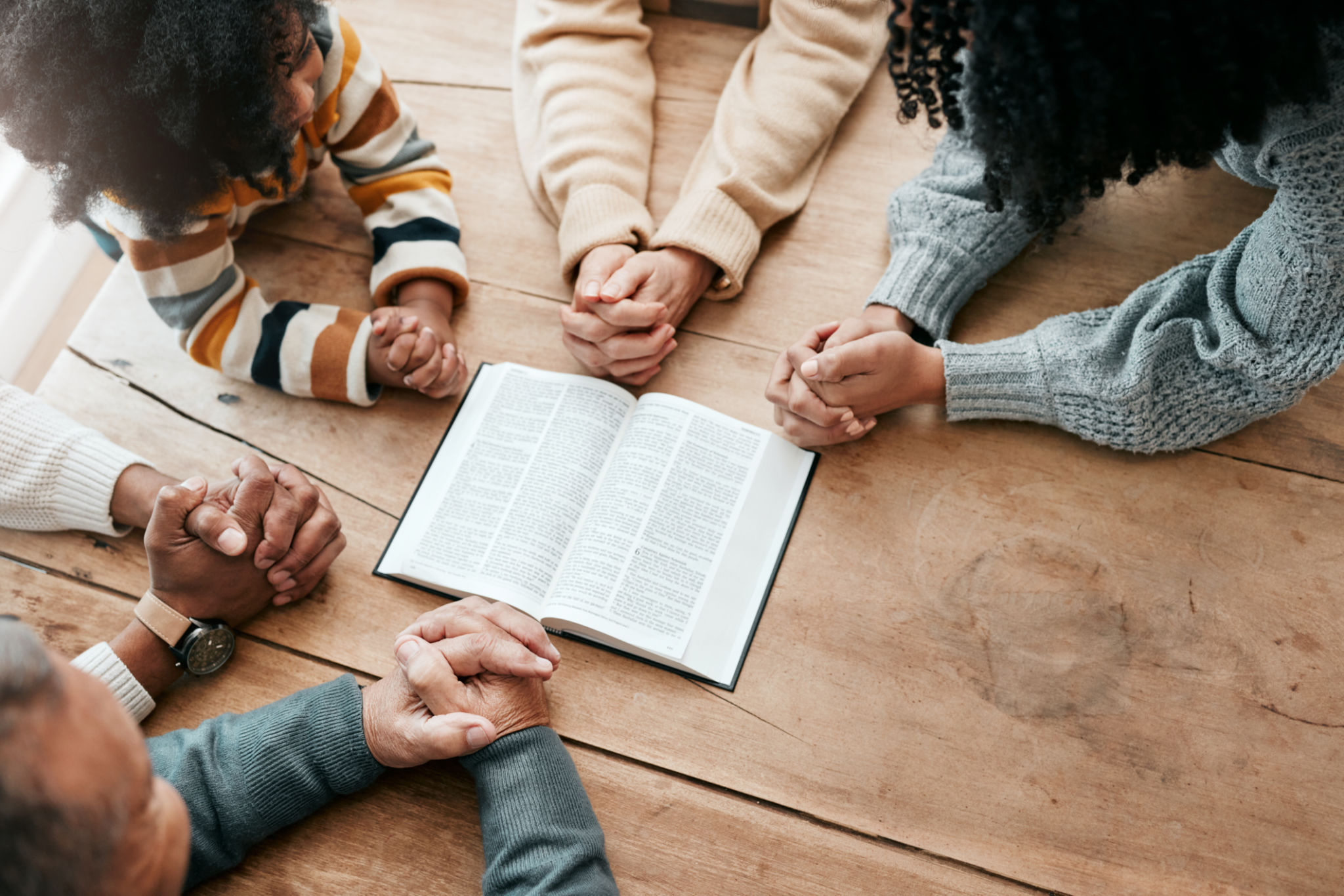Understanding the Role of a Church in Modern Communities
Introduction
In today's fast-paced world, the role of a church in modern communities is evolving. As society changes, so too does the function and impact of religious institutions. Churches are no longer just places of worship; they are becoming community hubs, offering support and services to people of all backgrounds. Understanding how churches contribute to modern communities can provide insight into their enduring significance.

Cultural and Social Support
Churches often serve as cultural and social anchors within communities. They offer a space for individuals to gather, share experiences, and foster relationships. Many churches organize events such as festivals, potlucks, and youth programs that bring people together, nurturing a sense of belonging and community spirit.
Beyond social gatherings, churches provide vital support networks. They offer counseling services, support groups, and activities that address mental health and personal development. These resources can be particularly valuable in times of crisis or personal struggle, offering a lifeline to those in need.
Community Development and Outreach
One of the most impactful roles of churches is their involvement in community development and outreach initiatives. Churches often lead charitable efforts aimed at addressing local issues such as poverty, homelessness, and unemployment. By organizing food drives, clothing donations, and shelter programs, churches play a crucial role in uplifting underserved populations.

Additionally, many churches collaborate with other organizations to create sustainable change. By partnering with local businesses, schools, and government agencies, they can amplify their efforts and reach a broader audience. This collaborative approach not only strengthens the community but also fosters a spirit of unity and shared purpose.
Educational Opportunities
Education is another area where churches make significant contributions. Many churches offer educational programs for children and adults alike. Sunday schools, Bible study groups, and literacy classes are just a few examples of how churches provide learning opportunities to their congregants and the community at large.
Furthermore, some churches have established scholarship programs to assist students in pursuing higher education. By investing in education, churches help empower individuals and promote lifelong learning, which can lead to improved economic opportunities and personal growth.

Promoting Inclusivity and Diversity
In today's multicultural society, many churches are embracing diversity and promoting inclusivity. By welcoming people from various cultural, ethnic, and socioeconomic backgrounds, churches are fostering environments where everyone feels accepted and valued. This inclusive approach can help bridge gaps between different community groups and promote mutual understanding.
Churches also play a vital role in advocating for social justice. By addressing issues such as inequality and discrimination, they encourage their members to engage in meaningful conversations and take action towards creating a more equitable society.
Conclusion
The role of a church in modern communities is multifaceted, extending beyond traditional worship to include cultural, social, educational, and developmental functions. As communities continue to evolve, churches remain vital institutions that adapt to meet the needs of their members and the wider community. By understanding their diverse roles, we can appreciate the lasting impact churches have on society today.
